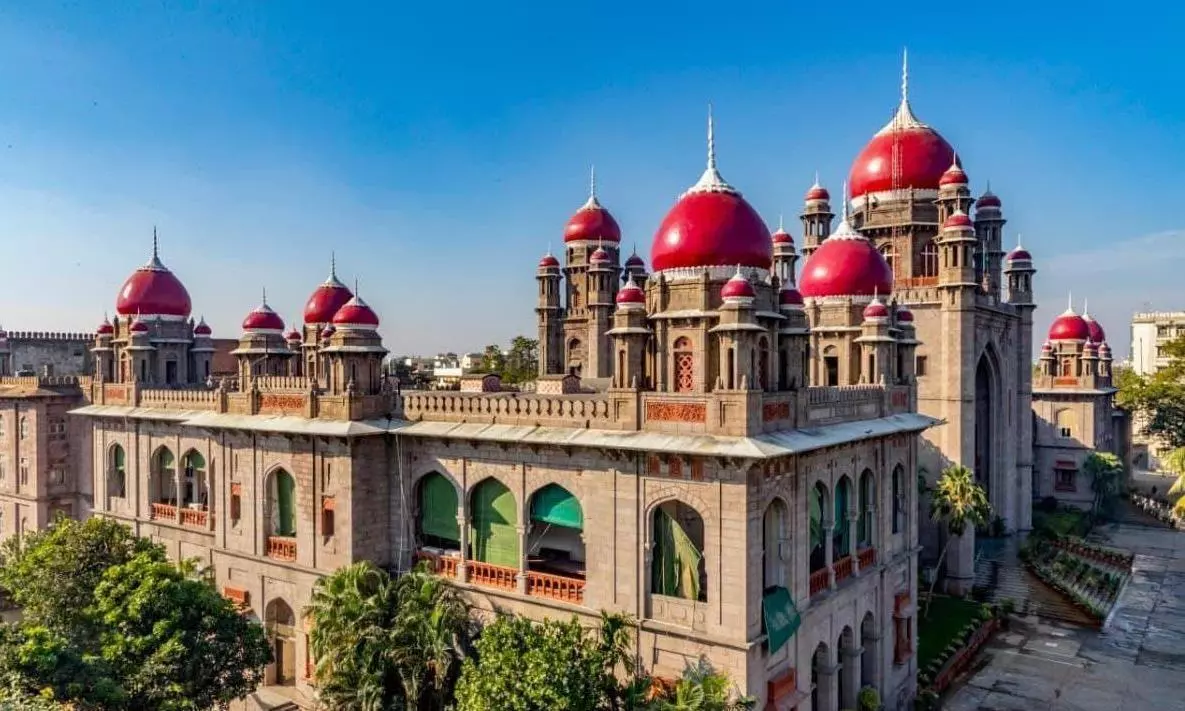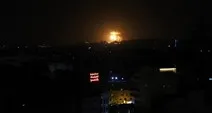By Global Issues,Steve Ross
Copyright globalissues

Opinion by Steve Ross (washington dc)Wednesday, September 24, 2025Inter Press Service
WASHINGTON DC, September 24 (IPS) – Last month marked eight years since hundreds of thousands of Rohingya were forcibly displaced from Myanmar’s Rakhine State to Bangladesh by the Myanmar military.
On September 30, the UN General Assembly will convene a High-level Conference on the Situation of Rohingya Muslims and Other Minorities in Myanmar. The idea for the Conference was first floated by Bangladesh’s Chief Advisor, Mohammed Yunus, on the sidelines of last year’s General Assembly and was subsequently codified in December, with modalities adopted in March.
The conference aims to “propose a comprehensive, innovative, and concrete plan for a sustainable resolution of the crisis,” particularly through Rohingya returns to Myanmar.
But efforts to realize a political solution will be frustrated by the evolution of events on the ground. The Myanmar military seized power in a coup in 2021, plunging the country into chaos. The collapse in 2023 of a tentative ceasefire between the Myanmar military and the Arakan Army (AA), an ethnic Rakhine armed group, led to the AA’s seizure of much of Rakhine State.
Rohingya were caught between the conflicting parties and instrumentalized by both, particularly the military; counterintuitively, Rohingya armed groups fought alongside the military and against the AA and continue to clash with the AA along the Bangladesh-Myanmar border.
The humanitarian situation in Rakhine is now dire, with hundreds of thousands of Rakhine and Rohingya internally displaced, regular airstrikes, and a military blockade limiting humanitarian access and contributing to high levels of food insecurity.
Moreover, the AA stands accused of committing further atrocities against the Rohingya, charges it denies. Across the border in Bangladesh, Rohingya in the world’s largest refugee camps have been squeezed by 150,000 new arrivals from Rakhine since the beginning of last year and steep declines in humanitarian assistance, which may soon prompt cuts to food assistance and are already impacting access to informal education, health services, and cooking fuel.
The Rohingya Conference will bring necessary attention to the Rakhine crisis, provide a rare platform for some Rohingya voices to be represented at high-level discussions (on the heels of a broader such effort in Bangladesh last month), and may yield some much-needed support from donors, even if it is not intended as a pledging conference.
But a sustainable resolution to the crisis for now remains out of reach, particularly without cultivating a more robust, legitimate, and representative Rohingya civil society and deeper engagement with the powers that be in Rakhine.
Steve Ross is Senior Fellow, Crisis in Myanmar’s Rakhine State project, Stimson Center.
IPS UN Bureau
© Inter Press Service (20250924060815) — All Rights Reserved. Original source: Inter Press Service



